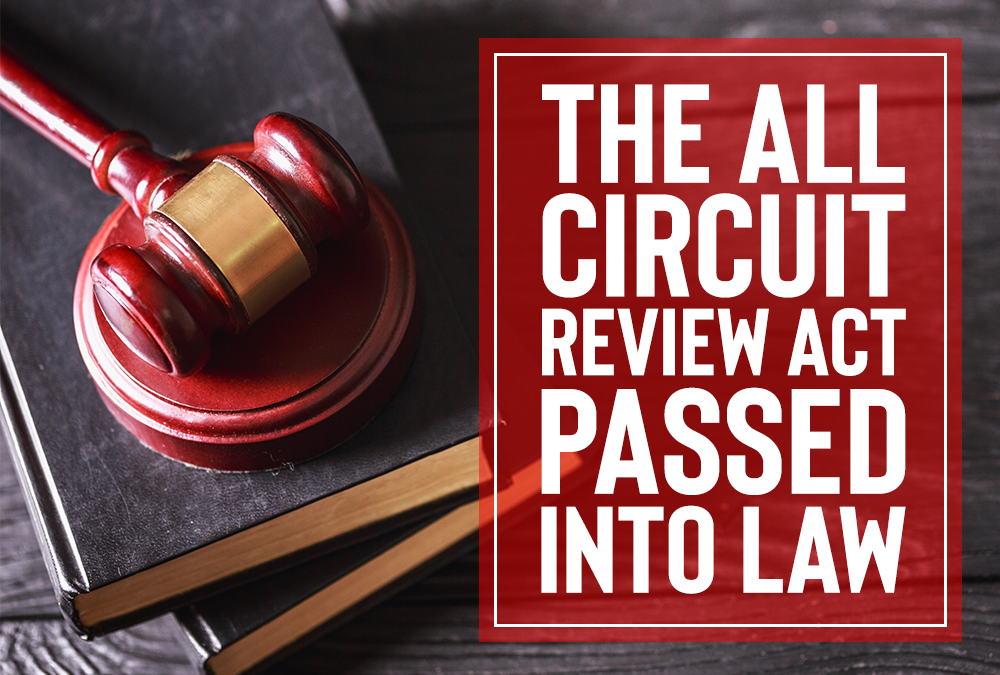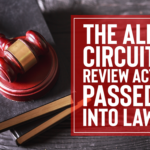On July 7, 2018, President Donald Trump signed the All Circuit Review Act into law, which made permanent a program established by the Whistleblower Protection Act of 2012. This provision makes it possible for whistleblowers to appeal decisions of the Merit Systems Protection Board (MSPB) with concerns of retaliation complaints to any United States Court of Appeals.
But this change was only the result of a 2-year pilot program as well as the provisions of the Whistleblower Protection Enhancement Act (WPEA) of 2012. H.R. 2229: All Circuit Review Act now makes it possible for whistleblowers to appeal their cases in courts closer to them.
Prior to 2012, the U.S. Court of Appeals for the Federal Circuit was the only agency to have jurisdiction in hearing appeals that came from the MSRB. Whistleblowers now have more options as to where they can go to have their cases appealed, making it much more convenient for whistleblowers. Before 2012, whistleblowers that lived outside of the Washington D.C. area had to deal with not only costs of litigating in D.C. but also travel expenses. This is a big change for Federal whistleblowers, 85 percent of which do not live in Washington D.C.
Before the WPEA, exclusive jurisdiction over all MSPB appeals was issued to the U.S. Court of Appeals for the Federal Circuit in 1982. Prior to that, the Civil Service Reform Act (CSRA) of 1978 established the Merit Systems Protection board.
On September 26, 2014, Congress passed the All Circuit Review Extension Act, which enabled the initial two-year pilot program to extend for three more years, allowing additional time for all involved to assess whether the pilot program had a positive impact.
This is a big step for change as far as whistleblowers and speaking out for truth is concerned. The House reported in 1994 that the committee realizes it is impossible to overturn precedents that are seen as destructive as quickly as they are issued by the courts, which may cause some well-intentioned whistleblowers to become unwilling to step forward.
As it turns out, the decision to extend the duties of the U.S. Court of Appeals for the Federal Circuit’s jurisdiction to any U.S. Court of Appeals has a positive impact on more than just the whistleblowers. Not only are whistleblowers able to save their time and money, but this Act also makes it possible for other courts to hear the important issues brought forth by whistleblowers. This may pave the way for more clarity in regard to MSPB issues and potentially lead to better employment of whistleblower laws.
Whistleblowers will benefit in yet another way as a result of this act. There is a huge backlog of cases waiting on appealable decisions. The Federal Circuit does not often rule in favor of the whistleblowers but since other courts are now capable of hearing these issues, there is a chance whistleblowers will have a better shot at winning.
In addition, the MSBP requires a quorum of two members to make final decisions but there was only one member until recently, when the president nominated three new members who are awaiting their confirmation hearings. This change will give whistleblowers who have been waiting for a long time a better shot at winning on appeal.




